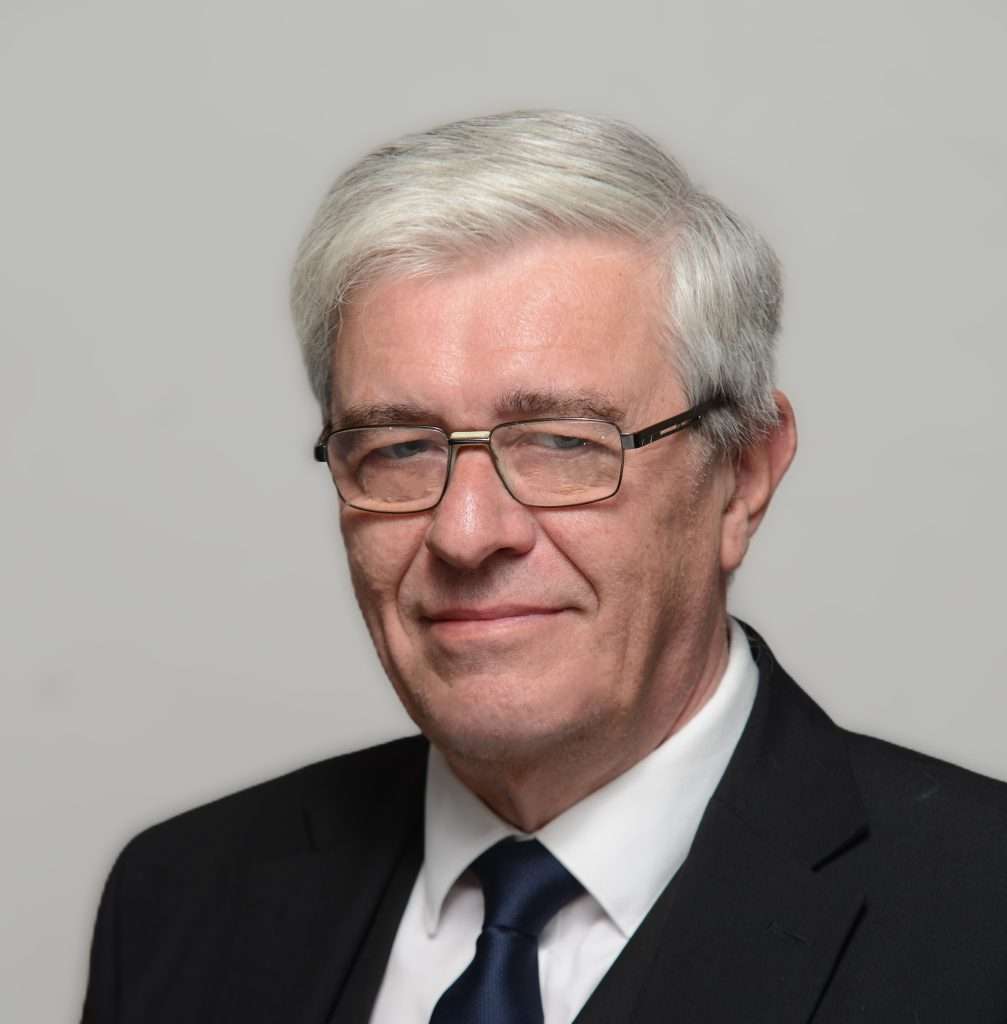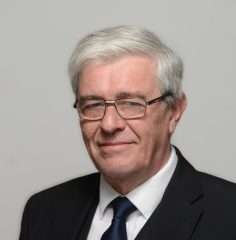It’s a great pleasure to announce Prof. Dr. Karl Friston as a speaker in our lab!
Title: The physics of sentience
Date: Oct 24th, 2025, 10 AM CET
Location: https://fau.zoom-x.de/j/62249702322?pwd=z08nBcKqhOGLkGeLwbNfbofiv2zmkm.1
Abstract: how can we understand ourselves as sentient creatures? And what are the principles that underwrite sentient behavior? This presentation uses the free energy principle to furnish an account in terms of active inference. First, we will try to understand sentience from the point of view of physics; in particular, the properties that self-organizing systems—that distinguish themselves from their lived world—must possess. This formulation is based on the following arguments: if a system can be differentiated from its external milieu, then its internal and external states must be conditionally independent. Crucially, this independence equips internal states with an information geometry, pertaining to probabilistic beliefs about something; namely external states. In short, internal states will appear to infer—and act on—their world to preserve their integrity. This leads to a Bayesian mechanics, which can be neatly summarized as self-evidencing. In the second half of the talk, we will unpack these ideas using constructs from neurobiology — and simulations of Bayesian belief updating in the brain.
Bio: Karl Friston is a theoretical neuroscientist and authority on brain imaging. He invented statistical parametric mapping (SPM), voxel-based morphometry (VBM) and dynamic causal modelling (DCM). These contributions were motivated by schizophrenia research and theoretical studies of value-learning, formulated as the dysconnection hypothesis of schizophrenia. Mathematical contributions include variational Laplacian procedures and generalized filtering for hierarchical Bayesian model inversion. Friston currently works on models of functional integration in the human brain and the principles that underlie neuronal interactions. His main contribution to theoretical neurobiology is a free-energy principle for action and perception (active inference). Friston received the first Young Investigators Award in Human Brain Mapping (1996) and was elected a Fellow of the Academy of Medical Sciences (1999). In 2000 he was President of the international Organization of Human Brain Mapping. In 2003 he was awarded the Minerva Golden Brain Award and was elected a Fellow of the Royal Society in 2006. In 2008 he received a Medal, College de France and an Honorary Doctorate from the University of York in 2011. He became of Fellow of the Royal Society of Biology in 2012, received the Weldon Memorial prize and Medal in 2013 for contributions to mathematical biology and was elected as a member of EMBO (excellence in the life sciences) in 2014 and the Academia Europaea in (2015). He was the 2016 recipient of the Charles Branch Award for unparalleled breakthroughs in Brain Research and the Glass Brain Award, a lifetime achievement award in the field of human brain mapping. He holds Honorary Doctorates from the Universities of York, Zurich and Radboud University.


